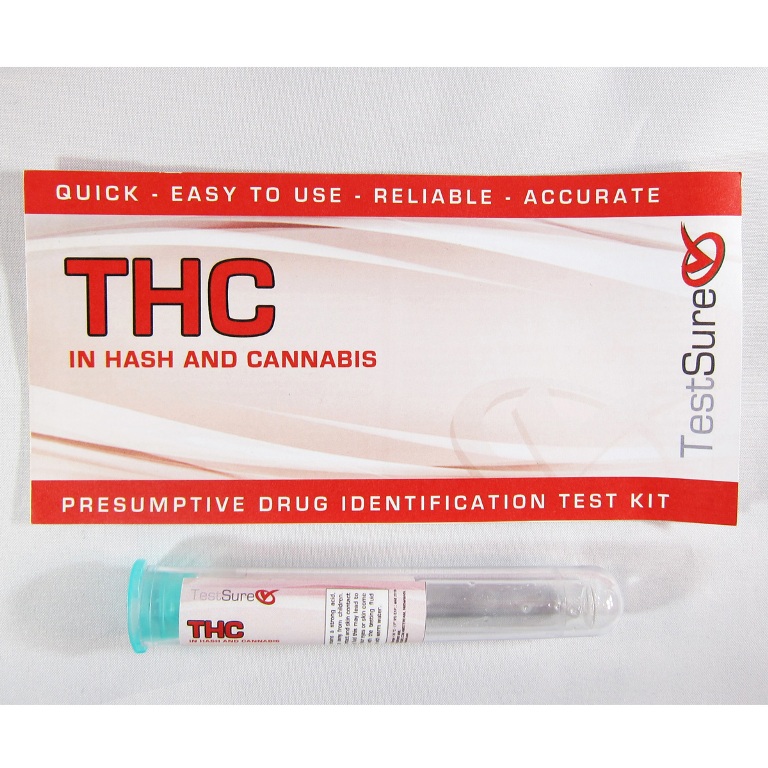
The Different Types of THC Tests
People are not very upfront about their use of illegal drugs, what with them being illegal after all. Because of this, an entire section of the medical community is dedicated to screening and testing individuals for the presence of certain drugs and their related metabolites at the behest of the government, employers, or even to help understand what drugs a patient they are treating may have taken. Marijuana is one of the drugs most frequently tested for in America thanks to its prevalence as a recreational drug. Check out here SARMs Journey.
How they choose to determine the presence of THC can vary wildly, but some are much easier than others and as such are chosen for their simplicity and relative trustworthiness.
Here are just a few of the common methods for screening for THC and some information about them:
Urine Testing

THC is primarily excreted through feces, but a detectable amount of THC is also excreted through urine after it has been consumed. Urine testing is the most common form of marijuana testing because obtaining the urine is a non-invasive procedure and the test itself is relatively easy to do, with many employers or concerned parents using simple dipstick style tests that change color in the presence of THC.
What scares most people about urine tests for THC is that the drug can be detected for up to 30 days via urine in chronic users that have a high percentage of body fat. Even infrequent users can sometimes test positive a week after consuming the drug, due to the fact that THC is stored in the body’s fat reserves and released over time.
Blood Testing

Blood tests can also be employed to determine whether or not an individual has consumed cannabis. They are infrequently used however, since the procedure is invasive and carries a risk that they may harm the person being tested.
Blood tests will detect THC typically for about 12-24 hours after marijuana has been consumed, meaning they are used almost exclusively in situations where it is necessary to know whether or not someone is impaired, such as at the scene of an accident or an injury.
Saliva Testing

A small but not insignificant amount of THC is excreted via sweat and saliva, so testing saliva for THC has also been used to determine if someone has recently smoked some reefer. Saliva tests only detect THC, not the metabolites, so they have a fairly short window of opportunity as far as detection is concerned. You can read some more details information at Students With Diabetes blog.
If tested in a lab, marijuana use going back approximately 72 hours can be detected via saliva, but if a less sensitive on-site test is used the window of detection is somewhere in the realm of 12 hours after use.
Are You About To Get Tested?
If you’re reading this because you’re about to get tested, know that there is a 99.9% chance that the way they are going to test you is by using a urine sample. This is because of urine’s ease of use to obtain and how long the drug is detectable in the urine, not to mention how inexpensive the tests are to administer on a large scale. If overcoming the long detection period is of interest to you,visit THC Detox up to date information on flushing your body of cannabinoids.




